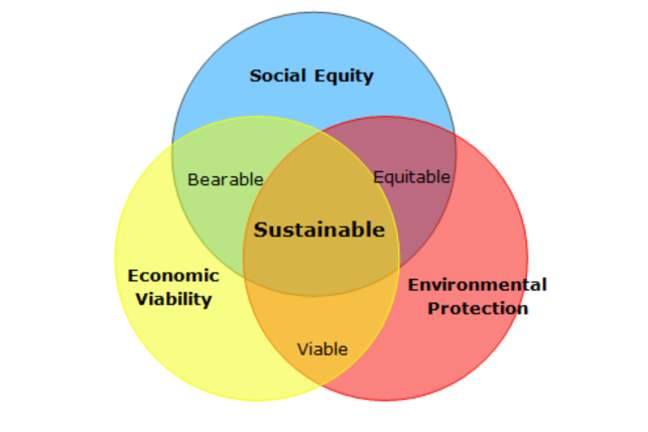The business world is permeated through and through this kind of rationality, based on what we see is happening today in the world, what are the trends? what will be the consequences? are forecasted the solutions in a business environment.
However, according to Saras Sarasvathy, it is not how entrepreneurs think. The thought process is not “causal” but “effectual”. When a project is approached, the entrepreneur has three means skills: his own innate abilities, skills acquired through education and personal contacts. The entrepreneur is guided by a simple maxim: “To what extent can we control the future, we do not need to predict it.”… Read the rest





